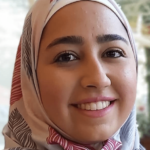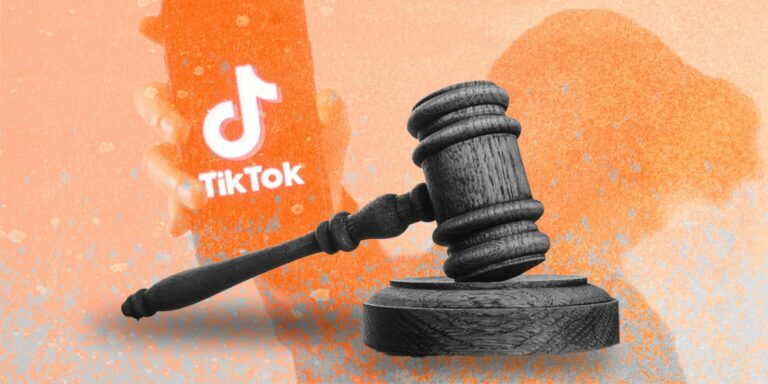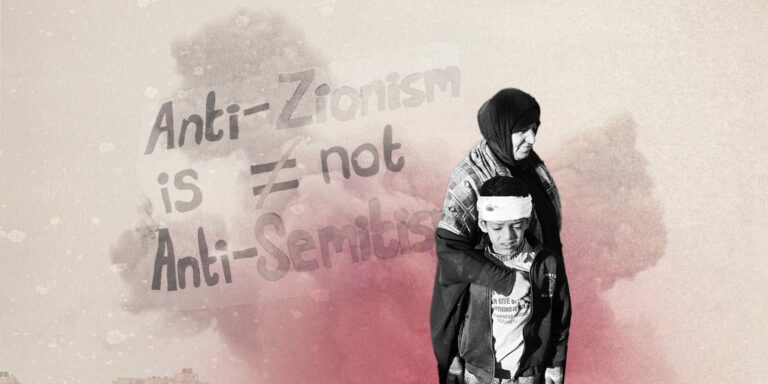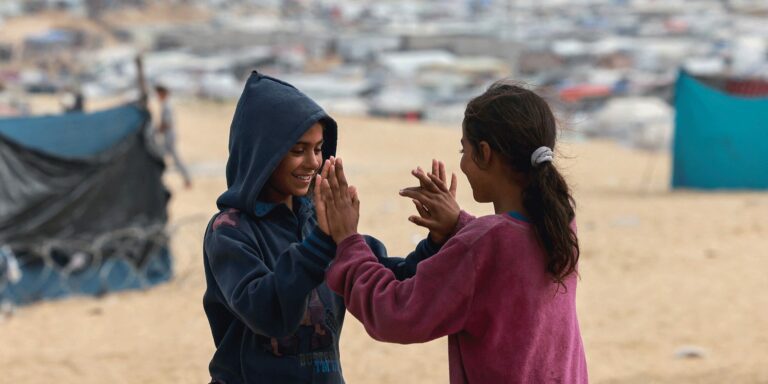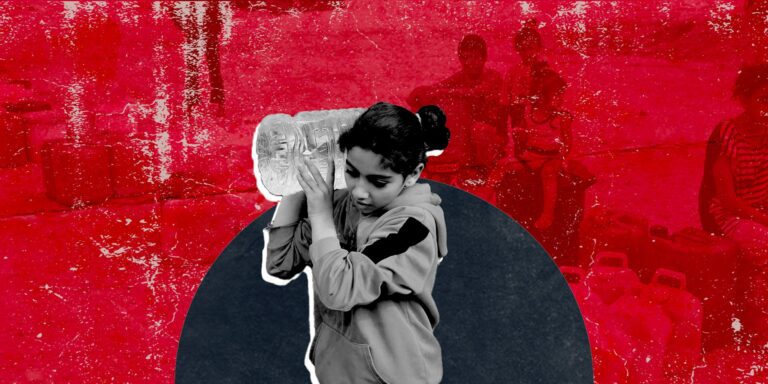In February 2023, Iraq’s National Banking Security summoned Hassan Nasser Jaafar Al Lami, a 46-year-old with close ties to the Iranian regime, for questioning in a case involving money transfers abroad through forged invoices and his dealings with Iran. Surprisingly, he was released within less than an hour.
In 2017, Al Lami obtained Dominican citizenship, as reported in the official newspaper published by the Dominican government, which Daraj was given access to. He is accused of being involved in corruption, financing terrorist groups, as well as directly and indirectly being linked to various terrorist factions, according to an investigation published by The New York Times.
Hassan Al Lami is among the most notable individuals who have acquired Dominican citizenship, along with other Iraqi businessmen. His story is distinct, as his cross-border relationships have extended from Iraq to Iran, Syria, and Lebanon. He was even described as “the financial Qasem Soleimani” within Iraq in a televised interview with a woman who claimed to be a Central Bank employee in Iraq.
This investigation is part of the “Caribbean Passports” cross-border investigative project led by the Organized Crime and Corruption Reporting Project (OCCRP), in collaboration with the Government Accountability Project, a non-profit organization based in Washington, and a number of media outlets in more than 20 countries, including Daraj. The project reveals the purchase of Dominican citizenship by approximately 7,700 individuals, enabling them to travel worldwide without a visa. This list includes a diverse group of politicians, dubious businessmen, criminals, and lawbreakers.
The phenomenon of obtaining a second passport in Iraq does not appear to be unusual, especially given the country’s political and economic instability, which has resulted in a lack of security and stability. Consequently, migration service companies have begun providing consultations regarding how Iraqis can acquire a second passport, and the list of countries where citizenship can be obtained begins with Dominica.
Utilizing the Citizenship
The UK Companies House website revealed that Al Lami established a company called S&M GOLDEN GROUP LTD with the registration number 14460021. Interestingly, he registered this company, described as a real estate company, using his Dominican citizenship on November 3, 2022. The commercial register indicates that the company remains active, and it is managed by Al Lami, who holds Dominican citizenship.
Additionally, Al Lami has a partner in this company, Saleh Fadel, an Iraqi national residing in Iraq. He remains a shareholder in the company to this day, according to the UK Companies House. Furthermore, Fadel’s shares are over 25% but do not exceed 50%, and he has the right to dismiss the company’s director and appoint a new one.
The company’s registered address is “College House, 17 King Edwards Road, Ruislip, London, United Kingdom, HA4 7AE.” Further research into the nature of this area revealed that it houses several real estate and healthcare companies.
We found no additional details about his partner Saleh Fadel, but the commercial register indicates that he is present in Iraq and holds Iraqi citizenship.
Trade with Iran
While Al Lami utilized his Dominican citizenship until 2022 to register a new company in the United Kingdom, there were investigations into him by Arab media, especially after banks in which he had shares, such as the Iraq Noor Islamic Bank, were subjected to American sanctions due to their dealings with Iran.
The first set of US sanctions on Iran took place in August 2018, primarily targeting trade in automobiles, gold, and metals. The second set of sanctions was imposed three months later by the U.S. Department of the Treasury, primarily focusing on Iran’s oil trade, which was one of its most significant exports.
The U.S. Department of the Treasury escalated sanctions in 2019, effectively removing exemptions for countries importing Iranian oil. As such, importing countries became subject to American sanctions.
In January 2020, an Iraqi MP disclosed “leaked documents” obtained by Al Arabiya, which contained evidence of forgery by the Iraqi State Organization for Marketing of Oil (SOMO). According to these documents, several private Iraqi banks were requested to open credit accounts in U.S. dollars to import oil derivatives, such as gas, oil, gasoline, diesel, white oil, and liquefied gas to meet local needs. The report, which Daraj had access to, also revealed that the boards of these banks included Iranian businessmen and individuals with ties to Iran. This report underscores that Tehran benefits from these contracts to circumvent U.S. sanctions.
Despite the lack of control of the former Iraqi Prime Minister Nouri Al Maliki over the government, Iran persisted through several of the banks which it was associated with, including the Iraqi Union for Investment Bank, which Al Lami has a 40% share in, and which is owned by Fadel Al Dabbas and businessman Khamees Al Khanjar. Both of them were placed on the U.S. sanctions list for their involvement with Iranian-backed militias, bribery, and corruption, according to the U.S. Treasury Department.
It is worth noting that Trans Iraq Bank for Investment and Iraq Noor Islamic Bank are currently being merged, according to an Iraqi banker, who added that they were merged under the name Islamic Reconstruction Bank, the first merger in the banking sector after the Central Bank’s decision to raise the capital of banks to 400 billion dinars.
The banker does not know the owner or chairman of the board of the Islamic Reconstruction Bank, and he refused to provide us with information about Al Lami, saying, “My information is financial and not personal.”
“The King of Forgery”
In addition to owning the Trans Iraq Bank for Investment and Iraq Noor Islamic Bank, Al Lami owns a series of other banks as well as Sama Baghdad for Money Transfer, which was based in the Jordanian capital, Amman. The company was closed by Jordanian authorities with a red wax seal in 2016 due to forgery and legal violations, according to its statement. It should be noted that Al Lami previously had a strong relationship with Jordan’s King Abdullah II. In 2019, when the king launched the “Campaign to Collect Fines,” Al Lami was among the first Arab investors to donate 100,000 Jordanian dinars (approximately $140,000). He stated in a press release that Jordan was his second home as he had lived there for over 15 years.
In 2020, The New York Times released a report saying that Al-Lami was “known in the Iraqi financial circles” as the “King of Forged Invoices.” In February 2022, reports from Iraqi media indicated that Al Lami and his son were arrested on charges of smuggling dollars, but they were subsequently released. However, the Iraqi authorities did not respond to the Organized Crime and Corruption Reporting Project’s request for information about the reasons for Al Lami’s arrest or whether he faced any official charges. Additionally, Al Lami did not respond to requests for comments.
It should be noted that The New York Times report mentioned that Al Lami entered Lebanon in December 2019, during the October 17 uprising when protests against the ruling authorities were widespread on the streets. During this period, the Lebanese pound began to deteriorate significantly against the US dollar, and there was a noticeable increase in smuggling operations of dollars to Syria.
One month before Al Lami headed to Lebanon, the Central Bank of Iraq, under the chairmanship of Ali Mohsen Al Allaq, issued a decision to prevent banks subject to sanctions, including the Iraq Noor Islamic Bank, which Al Lami owns, from dealing in foreign currency. This decision also prohibited financial institutions and companies from dealing with these banks.
We contacted the Central Bank of Iraq, but we did not receive a response.
According to information on the bank’s website, the percentage of Al Lami’s ownership in the Trans Iraq Bank for Investment, which he previously owned, decreased from 9 percent in 2019 to 5 percent in 2021.
Hiding from the Public Eye?
According to Iraqi media outlets, shortly after being released following their interrogation regarding the dollar smuggling and invoice forgery case, Al Lami and his son Rami fled through Baghdad International Airport. Currently, Al Lami’s whereabouts are unknown, and there is no available information about him. The investigative team attempted to contact him and individuals close to him but to no avail. It is not confirmed that he is in Lebanon, although he visited the country in late 2019, as mentioned in the investigation.
Dominica’s Response
As a result of several businessmen and their families obtaining Dominican citizenship through its program, OCCRP’s team reached out to the Citizenship by Investment Unit in Dominica, who responded with the following: “Our background checks are independent and comprehensive, conducted by globally recognized independent due diligence companies, which can be found on our website. We also submit requests to the Implementation Agency for Crime and Security of the Joint Regional Communication Centre of CARICOM (IMPACS JRCC). These companies/agencies verify the identity of the applicant and conduct checks through all international partners for financial crimes, security concerns, and visa refusals, among other red flags. They use INTERPOL and the Federal Bureau of Investigation and lists of sanctions and documents. They conduct on-the-ground background checks in all areas where the applicant would have studied, worked, or resided.”

